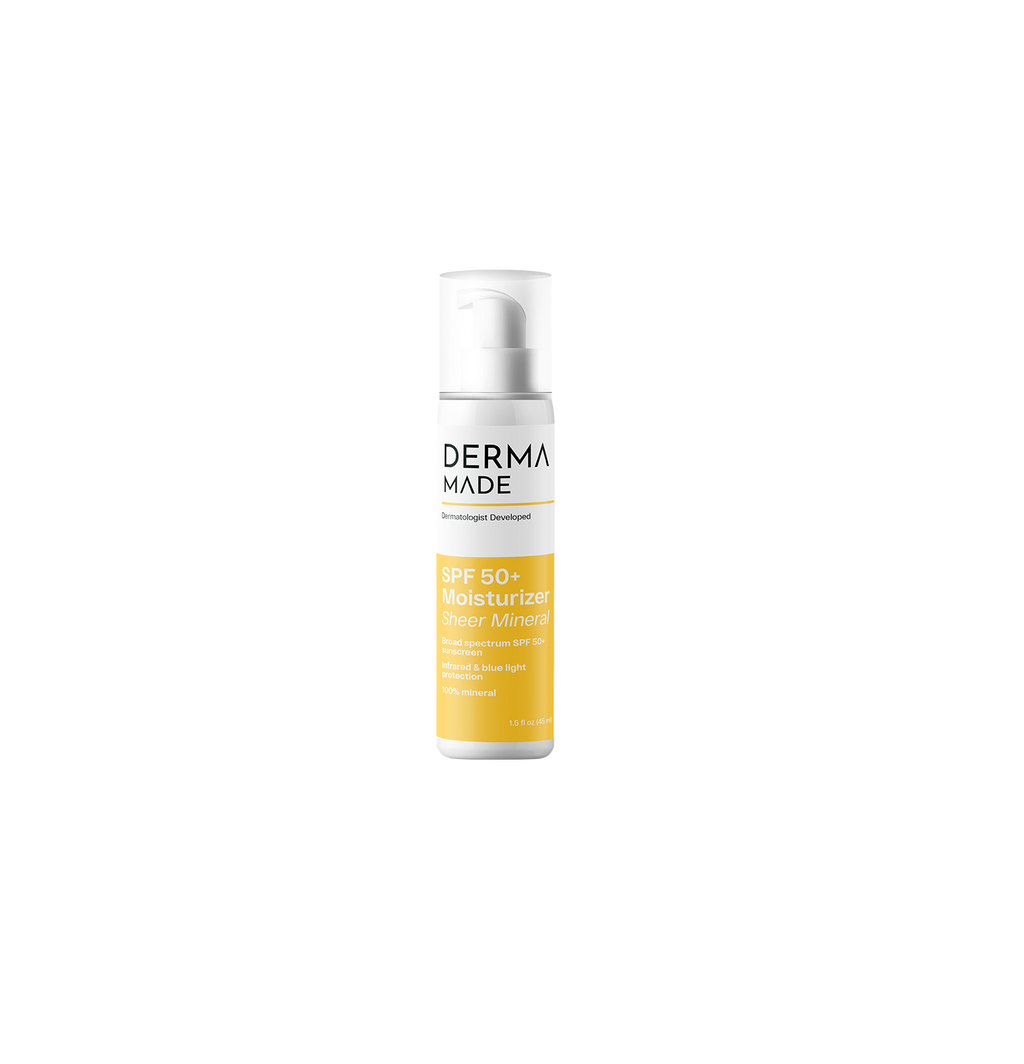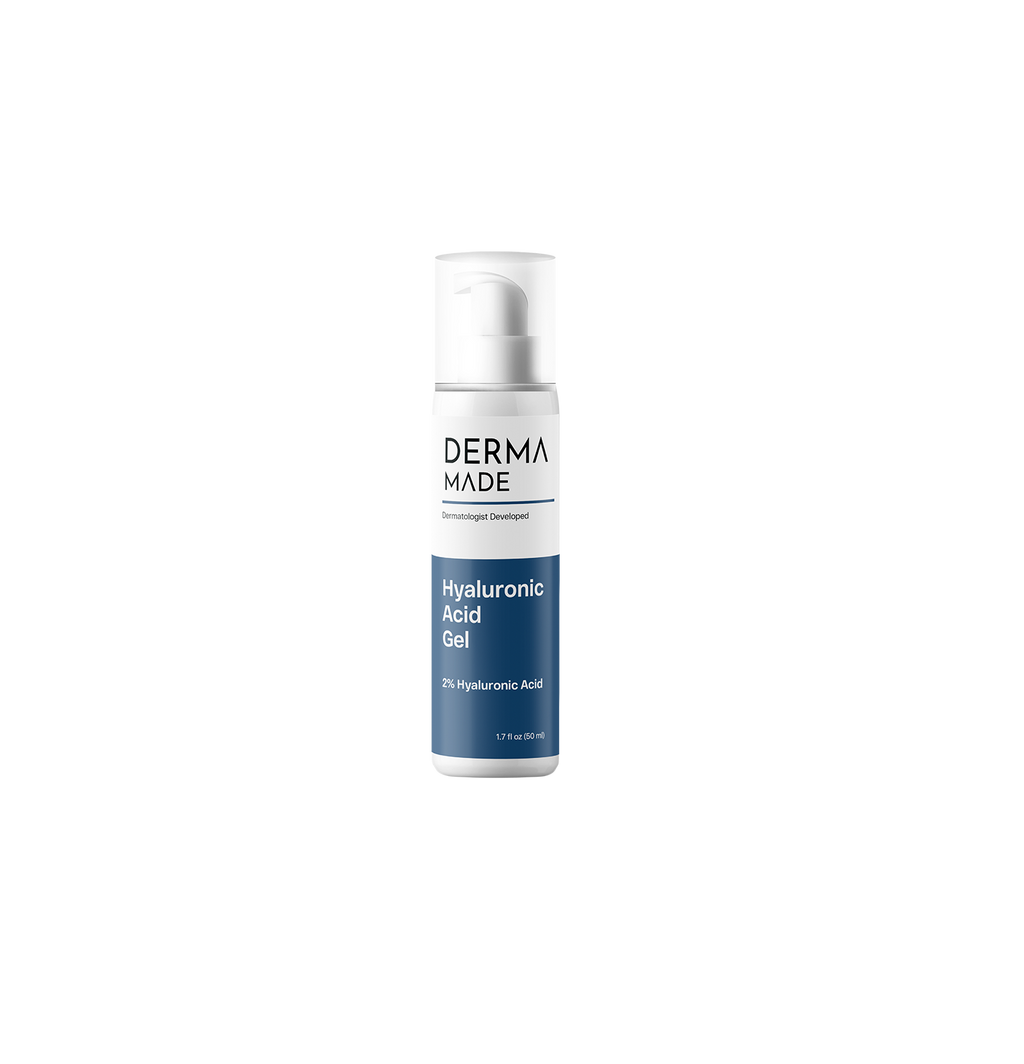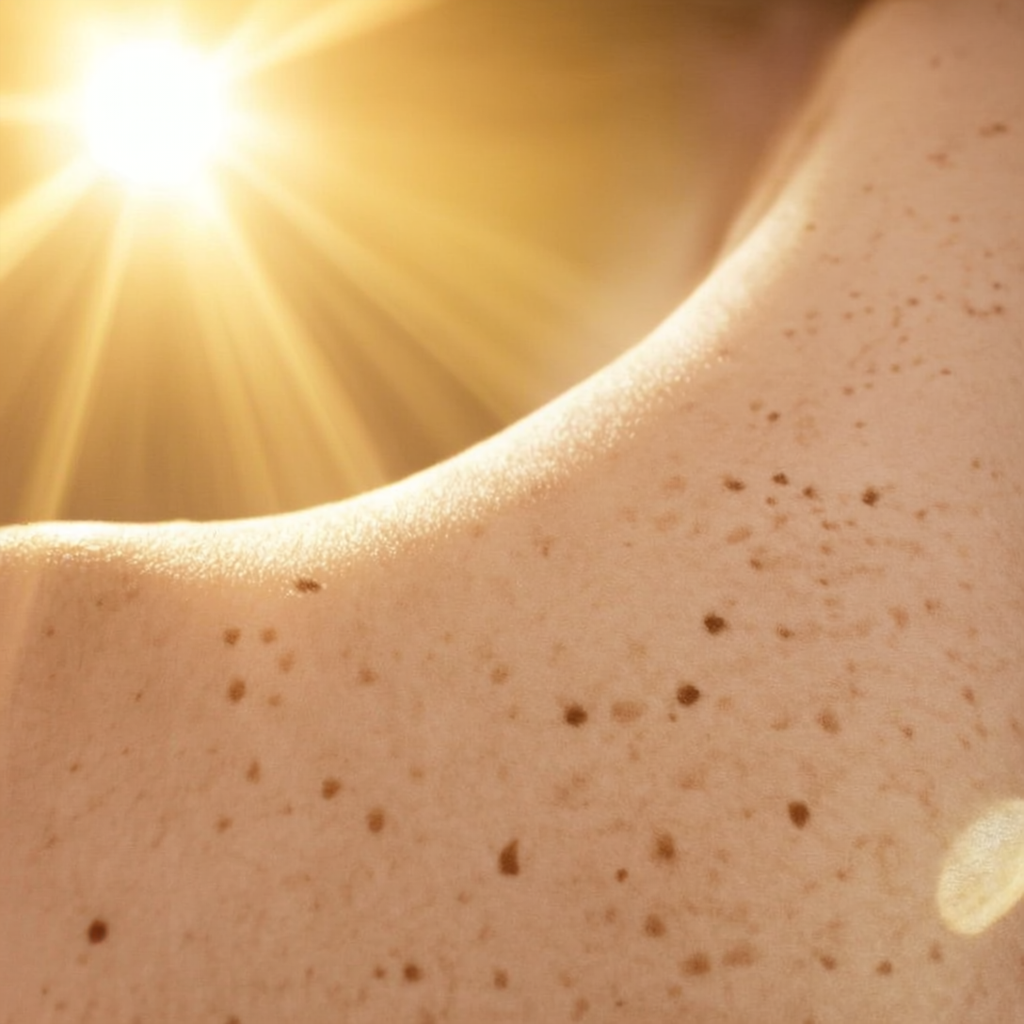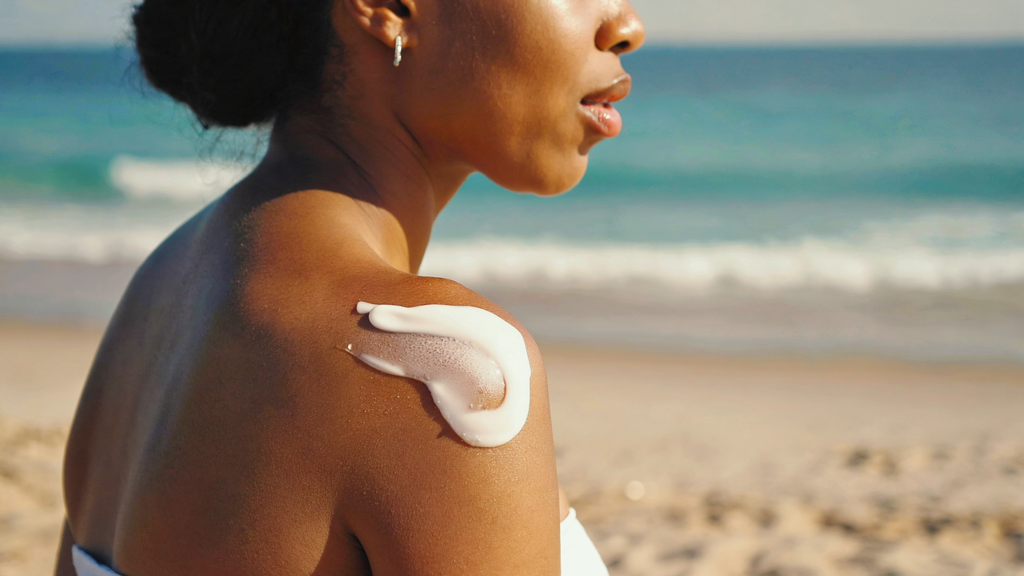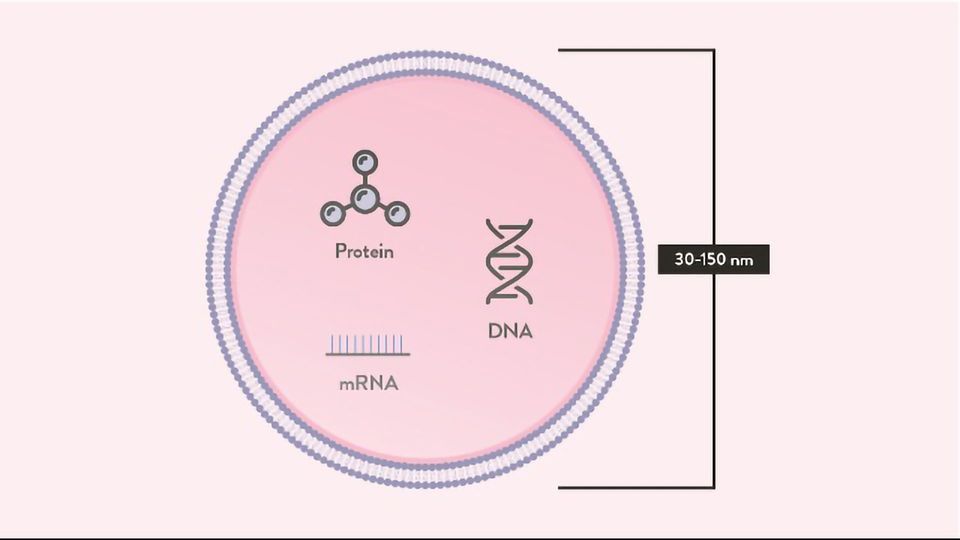Acne & Rosacea treatment depends upon the sub-type and main symptoms a patient experiences. Trigger identification and avoidance is paramount for all rosacea subtypes. Individuals experiencing acne-like rosacea often find relief with single or combination topicals of ivermectin, metronidazole, sulfur, and azelaic acid.
Persistent redness, with or without acne-type lesions, can be treated with in-office laser treatments. Integrative treatments include topical antioxidants such as green tea, vitamin C, amla, gotu kola, niacinamide, and licorice extract can be soothing. Increasing daily fiber intake and Omega-3 supplementation show promise.
Often in youth oral isotretinoin (an oral form of Vitamin A) can be used to permanently reduce sebum production and alters the gut microbiome to eradicate acne. At Skinsage we utilize isotretinoin in patients who will truly benefit from this medication and closely advise and monitor them for any adverse effects. Patients who are not candidates for this treatment are managed with a range of topical and other oral prescriptions (such as antibiotics and anti-hormonal orals) and non-prescription medication and supplements.
Hormonal acne can be addressed with oral spironolactone in many cases and some patients are referred to gynecologists and endocrinologists for further evaluation and treatment.
Fungal acne is managed with topical antifungal creams and washes and sometimes with oral treatments. .
Acne scarring can include mild depressed areas on the skin and residual pink to brown pigmentation. Both of these can be improved with a combination of at-home peels and topical retinoids as well as lightening creams such as azelaic acid.







